Kennel Cough In Dogs - Information You Should Know
Should your is coughing or constantly making noises which make it tone like he's choking on something, he may have a kennel cough, or dogs infectious tracheobronchitis. Although kennel cough can sound horrific, most of the time it is not a major condition, and many puppies can get better without treatment.
What is kennel cough?
Really as human colds may be brought on by many alternative a virus, kennel cough itself could have a number of causes. One of the most common reasons is Bordetella bronchiseptica bacteria, which is the reason a lot of people use the phrases kennel cough and bordetella interchangeably. Dogs that become infected with bordetella bacteria are carrying a virus at the same time. Such diseases, which are able to make dogs more vulnerable to contracting bordetella infection, incorporate canine adenovirus, dogs distemper sickness, dogs herpes, parainfluenza virus and dogs reovirus.
Dogs "catch" kennel cough once they inhale bacteria or sickness particles in their respiratory system. This tract is normally creased-looking with a coating of mucus that traps infectious particles, but there are many things that can waver that protection and make puppies vulnerable to kennel cough infection, which leads to irritation of your larynx (speech field) and trachea (windpipe).
These things include:
one. Exposure to crowded and improperly ventilated conditions, comparable to are just in many kennels and shelters
2.Bloodless temperatures
3. Exposure to dust and/or cigarette puff of a cigarette
4. Travel-induced tension
Symptoms of kennel cough
The traditional symptom of kennel cough can be a constant, strong cough. This is unlike a cough-like sound made by some dogs, especially little ones, which is called an undo sneeze. Reverse sneezes can be normal in certain puppies and breeds, and typically only indicates the presence of post-nasal drip or a slight anger of your throat.
Some puppies with kennel cough may exhibit other symptoms of health problem, such as sneezing, a runny nose, or fancy expell.
If your puppy has kennel cough, he probably will not drop his appetite and have a lessened energy level.
Treating and stopping kennel cough
Kennel cough is contagious. If you guess your dog might have the condition, you should keep him faraway from other creatures and contact your veterinarian.
Although most cases of kennel cough can resolve with out treatment, medicines may speed recovery or minimize symptoms while doing infection. These include antibiotics that concentrate on the bordetella bacteria and cough pills.
You could realize that preserving your dog in a well-humidified place and with a handle instead of a neckband, especially for dogs that difficulty against a leash, will reduce the coughing.
Dogs using kennel cough recover completely within three weeks, though it normally takes up to 6 weeks in previous dogs or those with other medical conditions. Because serious, continuing kennel cough infection can result in pneumonia, make sure to follow up with your veterinarian should your dog doesn't improve inside the anticipated amount of time. Also, if your dog anytime has symptoms of speedy breathing or listlessness, call your vet right away, as these could be symptoms of more serious conditions.
There are two kinds of vaccine for kennel cough, one which is placed, and one which is transported being a nasal mist. Although these vaccines may help, they don t warranty protection against kennel cough or infectious tracheobronchitis because it could be caused by so many different varieties of bacteria and viruses. Also, it is essential to realize that neither type of the kennel cough vaccination can deal with lively infections.
The injected form of the kennel cough vaccination is usually used for dogs which are prone to chew. Pups generally receive two healing initially, about four days apart, utilized by yearly shot pictures.
The intranasal kennel cough vaccination is typically given to puppies once a year, but may be suggested to be given every six months for puppies at high-risk for kennel cough. Such the vaccine tends to provide puppies protection against kennel cough before the placed view.

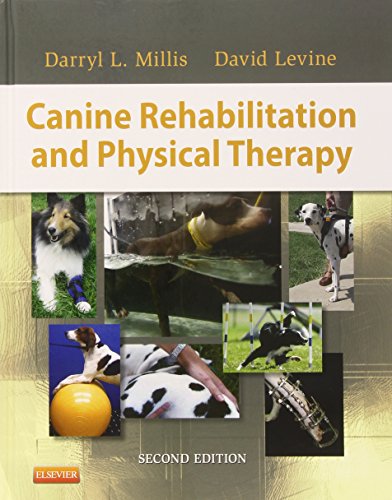 TPLO? TTA? Tightrope? Fishline? What Does My Dog Need?
Cranial cruciate ligament (C
TPLO? TTA? Tightrope? Fishline? What Does My Dog Need?
Cranial cruciate ligament (C
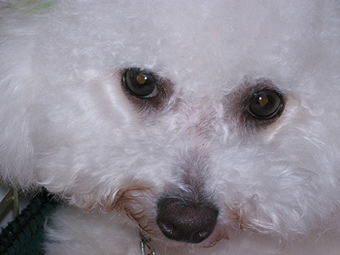 Top 10 Dogs for Apartment Living - Ten dog breeds that do well in apartments
The Top 10 Dogs for Apartment Living
“What dog will d
Top 10 Dogs for Apartment Living - Ten dog breeds that do well in apartments
The Top 10 Dogs for Apartment Living
“What dog will d
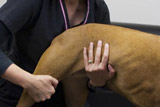 Hip Dysplasia in Dogs
Hip Dysplasia in Dogs
Hip Dysplasia in Dogs
Hip Dysplasia in Dogs
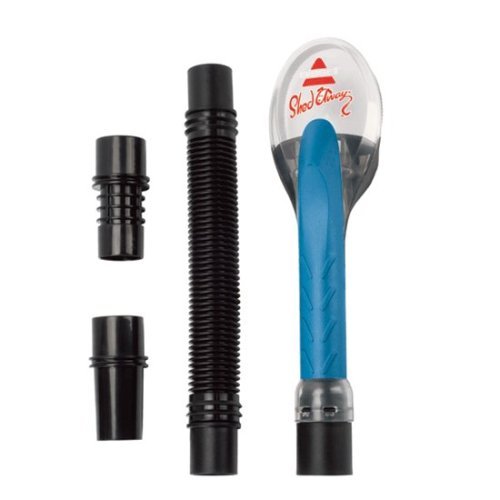 Bissell Shed Away Review
Pets can get expensive and t
Bissell Shed Away Review
Pets can get expensive and t
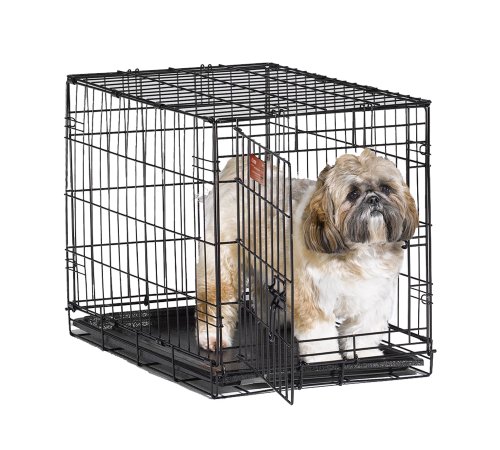 Mistakes to Avoid When Raising a Dog
Owning a pet can be a wonder
Mistakes to Avoid When Raising a Dog
Owning a pet can be a wonder